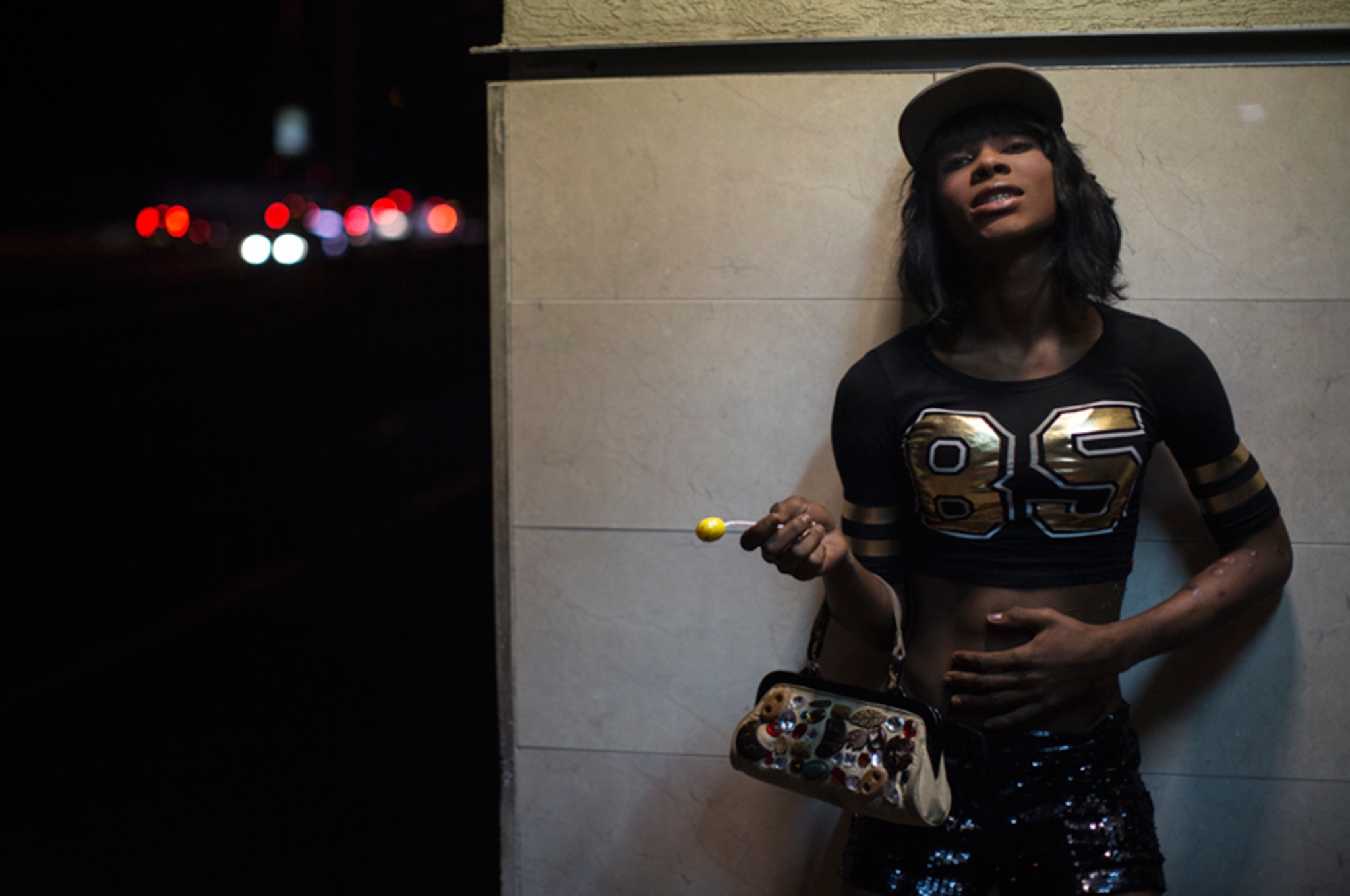Pipe dreams in Jamaica: The LGBT teens who refuse to conform
Making a documentary about LGBT teens in Jamaica who are living in a storm drain, Christo Geoghegan discovered a vibrant subculture

Your support helps us to tell the story
From reproductive rights to climate change to Big Tech, The Independent is on the ground when the story is developing. Whether it's investigating the financials of Elon Musk's pro-Trump PAC or producing our latest documentary, 'The A Word', which shines a light on the American women fighting for reproductive rights, we know how important it is to parse out the facts from the messaging.
At such a critical moment in US history, we need reporters on the ground. Your donation allows us to keep sending journalists to speak to both sides of the story.
The Independent is trusted by Americans across the entire political spectrum. And unlike many other quality news outlets, we choose not to lock Americans out of our reporting and analysis with paywalls. We believe quality journalism should be available to everyone, paid for by those who can afford it.
Your support makes all the difference.From across the street, the Shoemaker Gully in Kingston is fairly unassuming. A 6ft-wide storm drain hidden beside a concrete stretch of road in the heart of the Jamaican capital’s business district, it’s not an area you’d expect to be gaining an increasing amount of attention in the press.
Yet living inside this gully are around 40 young gay men and trans women – here because they refuse to conform to Jamaica’s rigid gender norms, living in fear for their lives on a daily basis.
To get inside, you have to climb through a barbed wire fence, cross a precariously placed drainpipe and jump down an 8ft drop. It’s hardly accessible. And that’s exactly the point. The gully provides its residents with a shred of protection from the hostile outside world. Sleeping out on the streets in Jamaica is dangerous enough as it is, but when you’re a young, homeless LGBT teen on top of that, it can be a death wish.
My crew and I spent a week with this underground community in May of this year. All of the world’s biggest divas live here – "Beyoncé", "Nicki Minaj", "Rihanna" and "Batman" (appropriating Jamaica’s most infamous homophobic slur, "battyman") – sleeping on makeshift beds in all weathers. "Daggering", the self-proclaimed gay mother of many of the queens, struts down the storm drain as if it were a catwalk, her ball gown and camera-ready make-up garnering whistles and shouts of "fierce" from aptly named residents like "Trina Bo$$ Bitch" and "Khloe Kardashian Balenciaga". Fashion has become their form of protest against a society that doesn’t accept them.
When I asked Daggering what would happen if the Rihanna of the Gully ever met the Rihanna of the charts, she exhaled heavily, threw her arms up into the air and announced "I would faint because she’s my idol and I love her", before giggling hysterically at the prospect. It’s amazing to see how much pop culture has permeated through Kingston’s deep and winding storm drainage system; over the course of the week, every other conversation concerns RuPaul’s Drag Race, Miley Cyrus’s new aesthetic and which era of Britney was the best (general consensus seems to be the Blackout period).

But just because they’ve finally found a place that they can call their own, it’s far from a solution. Constantly under attack from homophobic passers-by, vilified by the Jamaican press and police, and unable to gain any form of employment due to rampant LGBT discrimination, there’s not much available to the LGBT youth of the gully in the way of making a living. Which is why so many have to turn to a profession that puts them at even greater risk: prostitution. The dresses and make-up used to transform them into their true selves during the day are at night used to try and find clients, who often violently assault and rob them.
Asked if she believes that overturning Jamaica’s homophobic buggery laws, a long-remaining stain of British colonialism, would do anything to help LGBT Jamaicans, Gully queen Khloe is fatalistic: "They’re just going to kill us faster."
It’s not hard to understand her sentiments; after all, she’s seen first-hand the extent of Jamaica’s homophobia, being a friend of Dwayne Jones, the trans teen who was brutally murdered last July.
While the lives of many LGBT Jamaicans remain bleak, the prominent Jamaican gay rights activist Maurice Tomlinson believes that young LGBT Jamaicans such as the Gully queens are the “touchstone for how far the movement will advance. When they start being respected and their rights being respected then we know we’ve arrived. Until then, we haven’t.”
But one thing’s for sure: the Gully queens are here, and you best be ready for them.
VICE News documentary ‘Young and Gay: Jamaica’s Gully Queens’ is out now
To help the young LGBT community living in Kingston’s storm drains, visit Dwayne’s House
Join our commenting forum
Join thought-provoking conversations, follow other Independent readers and see their replies
Comments